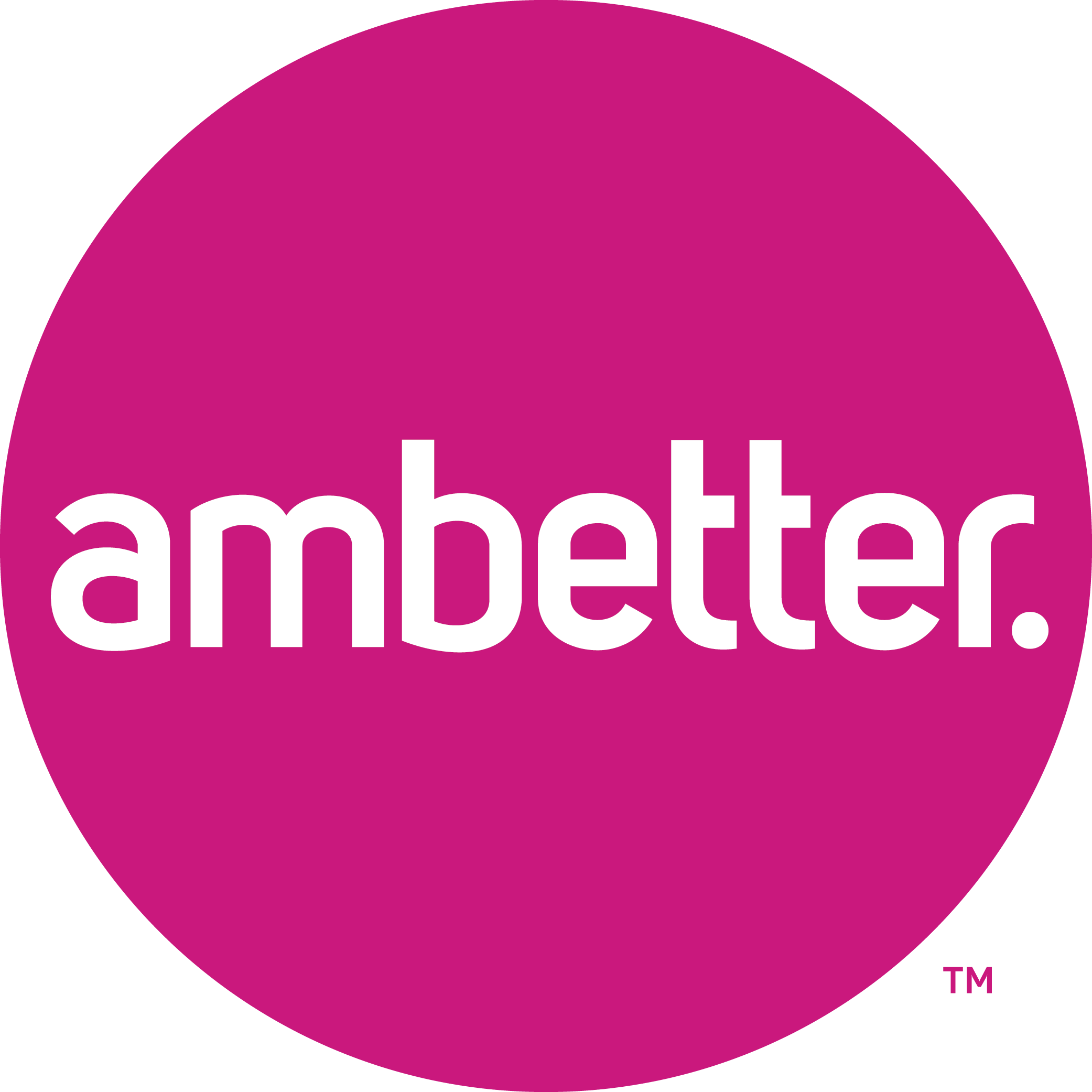Evidence-Based Treatment for Anorexia Nervosa
Anorexia nervosa is an eating disorder characterized by distorted body image and fear of gaining weight. People with anorexia may engage in behaviors such as restricting their food intake and over-exercising to avoid gaining weight or to help them lose weight. Oftentimes, these individuals are at an abnormally low body weight for their age and height. Anorexia has the highest mortality rate among all mental health disorders. Fortunately, Banyan Treatment Centers offers an anorexia recovery program that allows patients to foster their own wellness and heal with the guidance of trained professionals.
How Do You Know if Someone Has Anorexia?
People with anorexia nervosa are usually very preoccupied with their body weight and shape and have a strong fear of gaining weight. They may go to great lengths, such as intense, restrictive eating, over-exercising, or taking laxatives and other substances to lose weight.
Extreme weight loss with anorexia is dangerous, can be life-threatening, and can lead to severe health problems and even death, so early detection is imperative.
Common physical symptoms of anorexia nervosa include:
- Inability to maintain a normal weight for their height and age
- Fatigue
- Insomnia
- Skin that is yellow or blotchy
- Skin covered with soft, fine hairs
- Hair thinning or loss
- Constipation
- More than three cycles without a period
- Dry skin
- Dry, thin, and brittle nails
- Low blood pressure
- Anemia
- Hormonal imbalances
- Cutting out whole food groups (like carbohydrates or sugars)
- Eating abnormally small portions
- Refusing to eat in front of others
Behavioral Symptoms:
- Excessive exercising
- Pushing food around on the plate instead of eating it
- Irritability
- Mood swings
- Withdrawal from loved ones
- Disinterest in activities once enjoyed
- Dressing in baggy clothes to hide body shape
- Depressed mood
- Hunger denial
- Use of diuretics, laxatives, or diet pills
Eating disorders are often related to other co-occurring disorders, such as mental health disorders or substance use disorders. Thus, treating an eating disorder requires a multifaceted approach to ensure that nothing slips through the cracks.
Our multidisciplinary treatment team offers effective treatment that addresses the underlying factors associated with our clients’ eating disorders. Our eating disorder support in Philadelphia helps educate individuals on the symptoms and health risks of their disorders and develop treatment plans that help them regain their physical and mental well-being.
What Are the Health Risks of Anorexia Nervosa?
As we mentioned, anorexia is associated with restricting food and intake and can also be associated with other behaviors, including over-exercising. This combination can take a serious toll on the body, resulting in health problems like:
- Slow heart rate (bradycardia)
- Low blood pressure (hypotension)
- Increased risk of heart attack and heart failure
- Gastrointestinal problems, including bloating and constipation
- Bone weakness and increased risk of osteoporosis
- Decreased brain tissue
- Reduced cognitive function
- Difficulty concentrating
- Memory problems
- Fatigue
- Reduced emotional control
- Impaired appetite regulation
- Mental illness
- Hormonal imbalances
- Delayed puberty and growth
- Irregular or stopped menstrual cycles
- Reduced libido and erectile dysfunction
- Underactive thyroid (hypothyroidism)
- Weak bones (osteopenia)
- Stress fractures
Anorexia nervosa is a life-threatening disease that has killed thousands. We are dedicated to the welfare of our clients and to offering effective anorexia recovery programs to help our clients avoid further health complications and regain control over their health and lives.
Treatment Modalities for Anorexia Nervosa
Treating anorexia nervosa is an in-depth process that requires a number of different tactics in order to be done properly. Various types of physical and psychological treatments for anorexia nervosa offered at our center include:
- Meal planning and sessions with our dietician
- A variety of effective therapy programs
- Individual and group counseling sessions
- & More
By focusing on the source of our clients’ disorders, we’re able to help them develop a strong foundation for a lasting recovery. There are so many factors that contribute to an eating disorder, so it’s important to identify the physical, mental, and social aspects of a person’s life that have been affected, helping them to develop healthier lifestyles overall.
Contact Our Center for Eating Disorders Today
As difficult as it can be to manage an eating disorder, recovery is possible for everyone. If you or someone you care about needs eating disorder treatment, our rehab in Philadelphia can help. We offer specialized treatment programs designed to help patients overcome their struggles with disordered eating and achieve lasting recovery. Our team of experienced professionals includes medical doctors, psychiatrists, therapists, and nutritionists who work together to provide comprehensive and personalized care to each client.
At Banyan Philadelphia, eating disorder treatment includes a combination of evidence-based therapies, such as Cognitive Behavioral Therapy (CBT), Dialectical Behavioral Therapy (DBT), and Family-Based Therapy (FBT). We also offer nutritional counseling and support, as well as medication management when necessary. Patients can expect to receive individualized treatment plans that are tailored to their unique needs and goals, with a focus on long-term recovery and relapse prevention. With a compassionate and supportive environment, Banyan’s options for anorexia treatment in Philadelphia are the ideal choice for people who are ready to make a positive change.
Contact us today for more information about our anorexia rehab center, partial hospitalization options, or our Philadelphia substance abuse programs.
Related Reading
Most Insurance Plans Accepted
At Banyan Treatment Centers, our goal is to make sure that anyone who needs treatment from drug and alcohol addiction are able to get the help needed to assist them on the road to recovery. If you don't have insurance contact us to inquire about alternate methods regarding treatment for yourself or a loved one.












